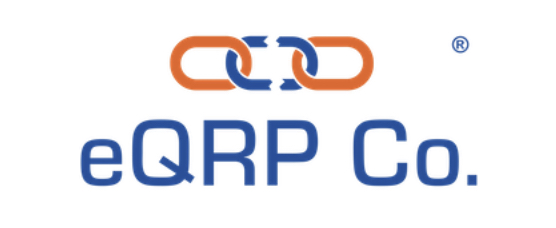“Failure is simply the opportunity to begin again, this time more intelligently.” – Henry Ford
After The Interview
I was devastated. I had done my preparation, shown my qualifications, the team seemed excited to have me and my skillsets seemed like the perfect fit for the program. I knew there were other candidates, but in my head, the job was mine and I was on track to my next phase of career growth.
Usually not one to let the excitement get the best of me, I was already preparing for my time in the role: who I would seek out first, what goals I would set, and early wins. Everything was coming into place.
It was not long after that I learned that the job was not mine, it was someone else’s. My hopes had been crushed. It was precisely at this time that what I needed to do the most, I least wanted to do….
Request Feedback
I had heard this advice before and always kept it in the back of my mind, but my window for seeking feedback not coincidentally aligned with the same window of disappointment for not getting the job. However, if I did not ask now, it would be too late.
After re-reading the rejection letter a few times to confirm what I was experiencing, I slowly looked for the reply button and unwillingly typed the following:
Thank you for this notification. I believed this would be a great fit for myself and the needs of the team. Is there any feedback that you can share from the interview process that I could use for future reference?
What to Gain From Feedback
Although I did not want it at the time, what I could learn could be invaluable for landing the next job. After all, it could come sooner than I would expect. Would not it be better to know what went well and what I can improve upon ahead of time?
This is precisely the type of information to seek out after you receive a rejection for the job. Just like with anything – working out, studying, building a relationship – the rewards come later.
Unfortunately, in the above experience, I had yet to receive feedback. What is important is that I pushed through my impulses and made the counterintuitive decision to ask for the feedback.
Growth Mindset
When you have a growth mindset, you seek continuous improvement through coaching and mentoring. At first, receiving feedback can be uncomfortable and put you on the defensive, but after some practice, you will be able to accept well-meaning inputs and use it to improve in your field or on a project. These benefits work both in the professional world and in your personal life.
As a career professional, I encourage you to regularly seek feedback from important and credible relationships, even when you believe things are going well.
Additional Career Articles
What To Do After Not Getting the Job
3 Powerful Tools of Career Growth
The Best Career Advice I Ever Received
The Worst Career Advice I Ever Received
How To Be An Influential Leader Without Formal Authority
💡Invest Your Retirement w/ eQRP
– How To Use Your 401k To Invest In Real Estate


